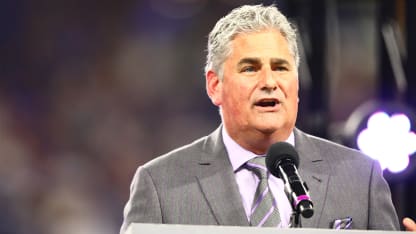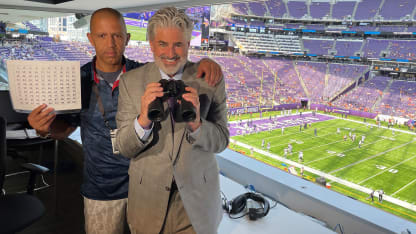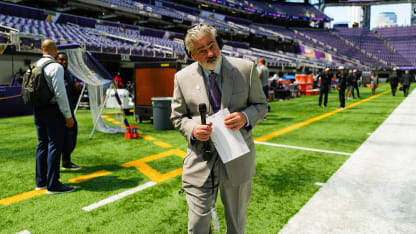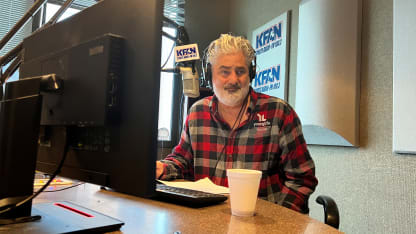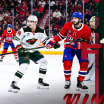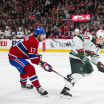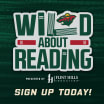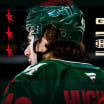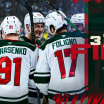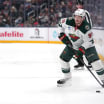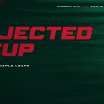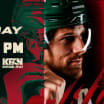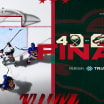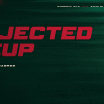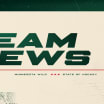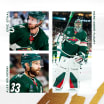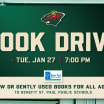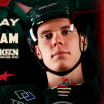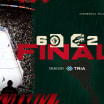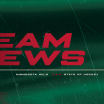Still, Allen acknowledges he won't be trying to impersonate anyone else's shtick when he sits in that chair, nor is he trying to take anyone else's job.
He's going to be authentic, he's going to be himself, and he knows he's probably going to make a mistake or two along the way.
But that's all a part of the fun.
"Being KFAN raised, and being bit-raised, I'm going to drop in some copyrights and try and make them fun," Allen said. "I'm going to do some things that are not wholeheartedly self-deprecating, but I'm not going to come in there and try to sell that I've been doing this my whole life. There will be missteps, so what do you do with the misstep?"
Allen said working with longtime radio color analyst Tom Reid will be a treat for him, and will hopefully help smooth over any of those "missteps" along the way.
"He's kind of a prankster in his own right, so I can make fun of little things I may not get and Tom will pick me up, but he'll also make fun of them," Allen said. "I'm not going to say this is going to be turned into a comedy show, because it's not. There is a game to call, people who care about the team and the game and they want an accurate description.
"But given this is the first hockey game I've ever called in my life, the first non-football game I've ever called in my life, first and foremost the goal is to be accurate. The second goal would be to entertain those who have taken time to listen. And third, it was important to me to do it with fans [nearby]."
